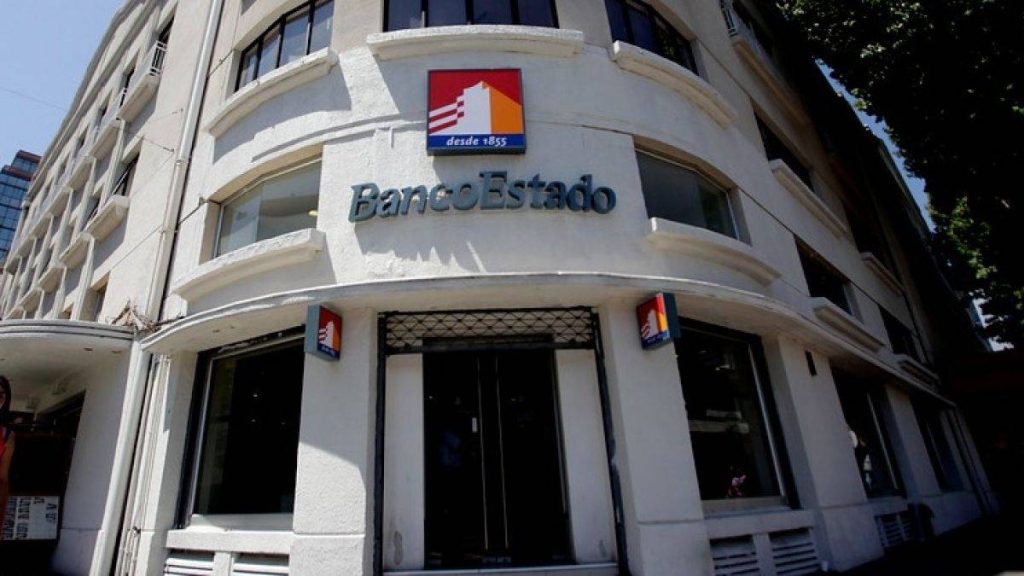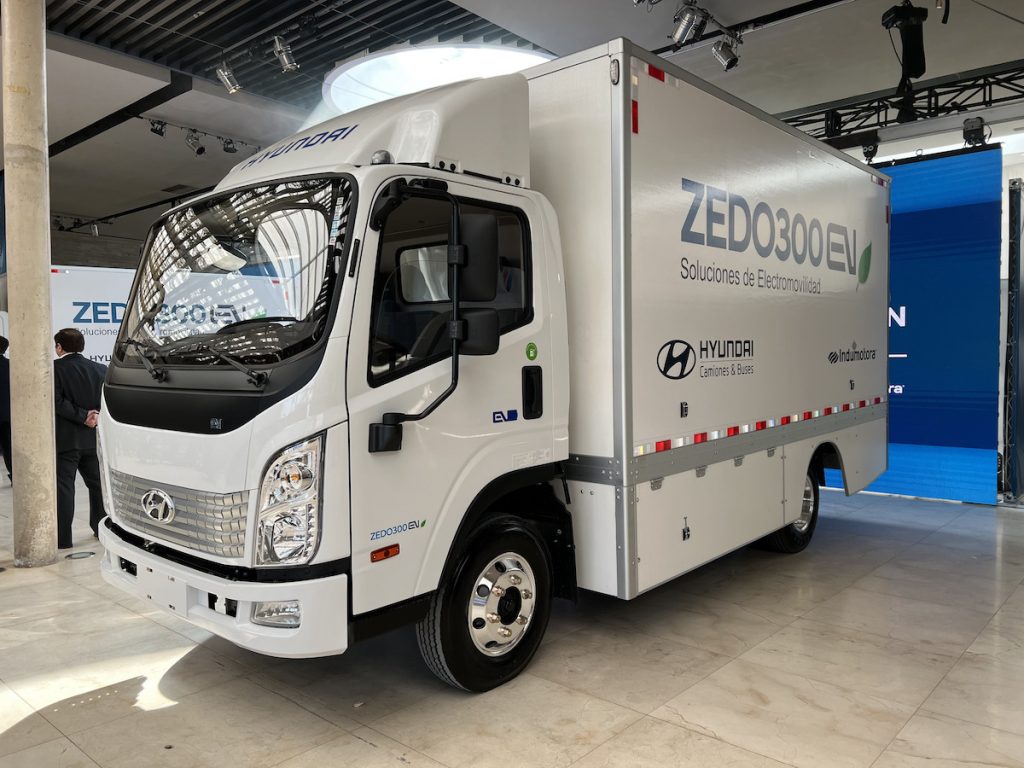Chile’s leadership as one of the pioneering countries in the promotion of electric mobility in Latin America has awakened the interest of historic brands in the automotive industry to invest and bring new technologies to the South American nation.
One of these firms is Hyundai, which in addition to announcing new models for the region, announced a key alliance with “BancoEstado”, with the aim of providing financing opportunities to companies wishing to acquire buses and trucks of the Japanese brand.
The pact with the financial institution was signed directly with the “Hyundai Trucks and Buses” division, which has the electric Zedo 300 EV on the market.
Vehicle Features
According to information published on the official website of Hyundai’s heavy vehicles department, the electrified Zedo has a 120 kW engine, equivalent to 160 horsepower.
In addition, the model has 300 kilometers of autonomy and has the capacity to carry 1,700 kilograms of cargo. Hyundai recommends maintenance at 10,000 km and promises fast charging in 71 minutes.

Read also: BYD Initiates Delivery of Electric Vehicles to the São Paulo Police Force
Vision Beyond a Vehicle
Hyundai does not only limit itself to having an interesting offer of vehicles, but also urges citizens and authorities to see electromobility as a great ecosystem.
In this sense, John Novoa, Divisional Manager of Hyundai Trucks and Buses, pointed out that “the invitation is to think of electromobility as a value offer, rather than as a destination. This is how we conceived our Zedo 300 EV model integrated with a financed charging infrastructure plan, which is one of the biggest steps taken in the market to date”.
The executive detailed that they present preferential rates, terms of up to 8 years and 100% financing in alliance with BancoEstado, highlighting that measures such as those mentioned are fundamental to boost the sale of electric cars.
“Reducing polluting emissions from trucks is an imperative task, and reducing their implementation cost is one of the first steps for the massification of a technology that is already available in Chile,” added Novoa.
He detailed that the Zedo was originally conceived as an electric truck and that makes a difference in customer response. “Our next step is the importation of electric trucks with refrigeration equipment for the transport of fresh produce, we already have many customers waiting for this new version of the Zedo 300 EV to arrive,” he said.




